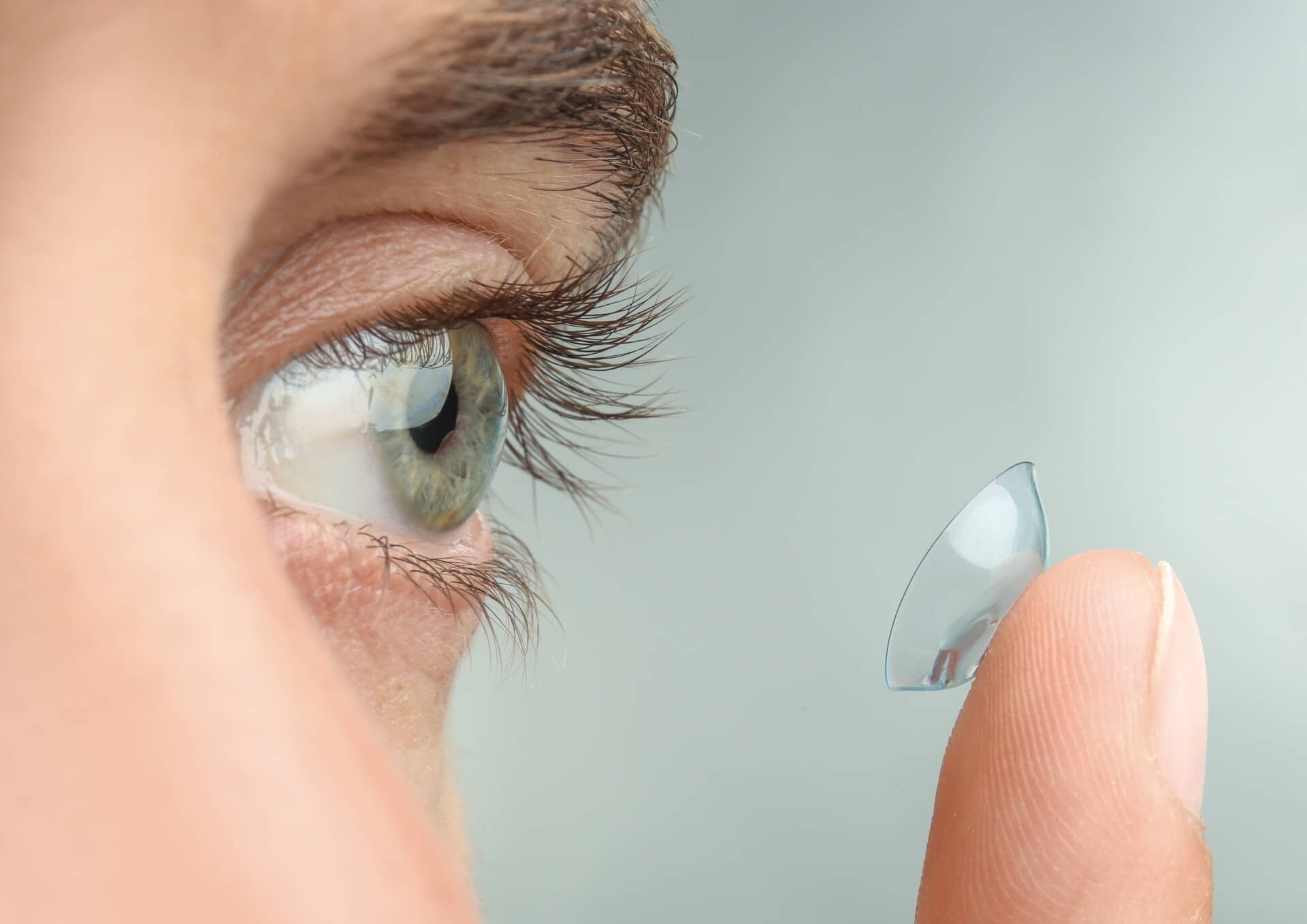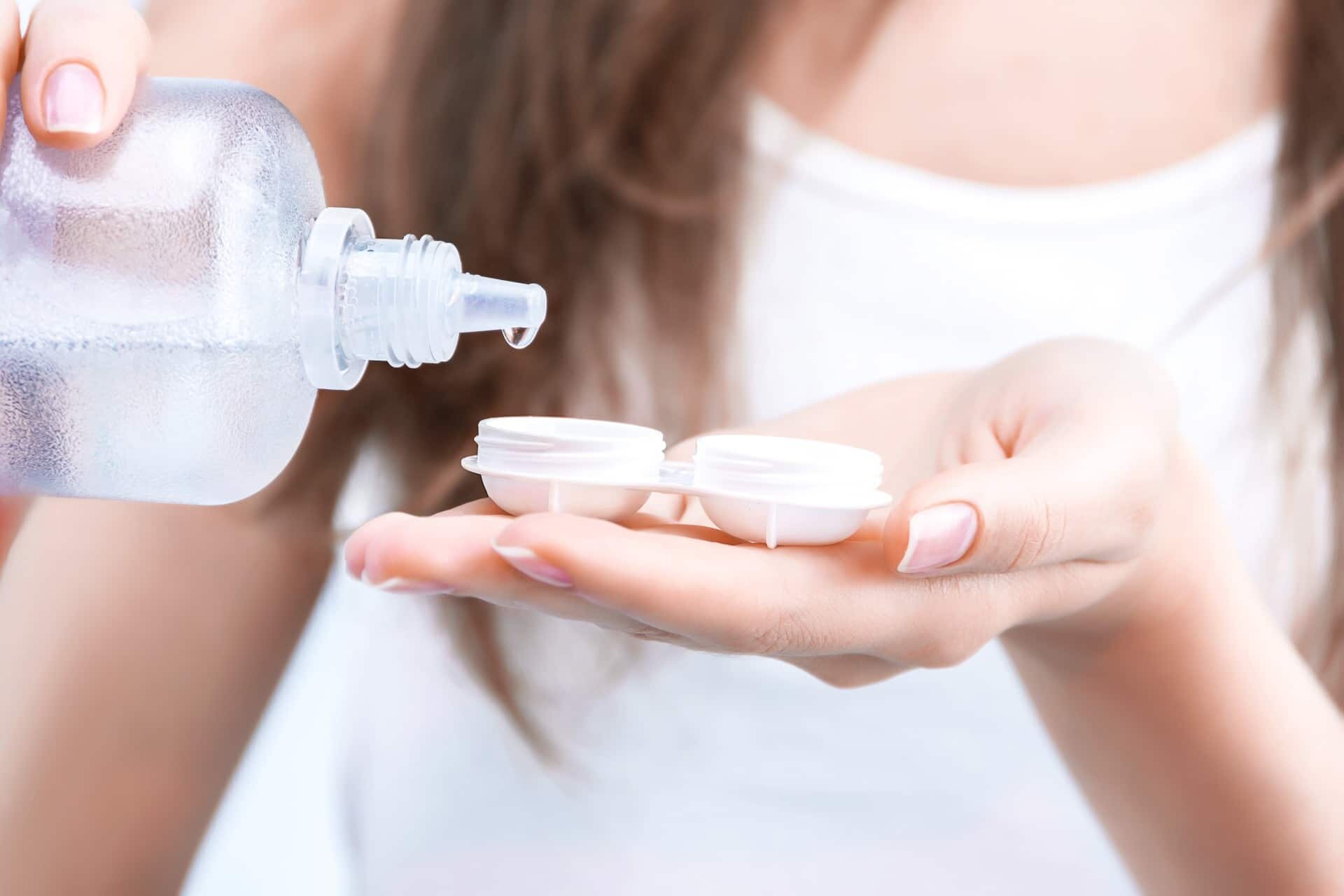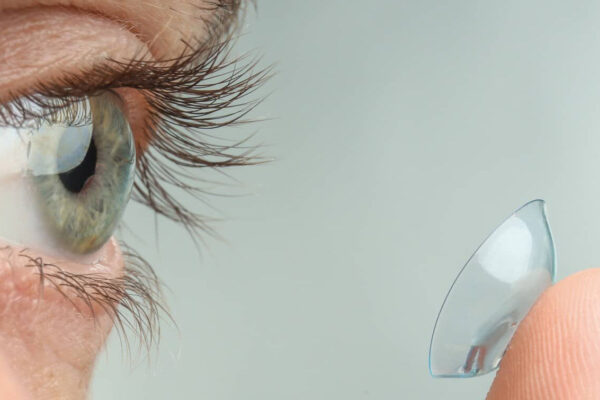Considering Contact Lenses? Here’s What You Should Know
For vision correction, prescription eyeglasses tend to be the star of the show. Contact lenses are not as prominently featured in the world.
And for some people, that may be the point for choosing contacts in the first place. Maybe you simply prefer not to be seen wearing glasses, or you engage in work, sports, or other activities where glasses may not be ideal.
Those are not the only reasons why you might consider contacts, though. They have other advantages and disadvantages that should be taken into account, some of which we will outline for you here.
Don’t take this as the be-all, end-all guide, though. We are always more than happy to answer any specific questions about contacts you may have, as well as help you determine whether contacts or other options are best for your specific needs. Reach out to us and we will be glad to help!
Disposable Contact Lenses Have More Versatility Now
Disposable contacts have been around since the late 1980s, but have been further refined to offer more options for users.
You may prefer daily wear lenses, which you dispose of every night, but additional options can extend that disposal time to 2 weeks, each month, or even every three months.
Just because they are “disposable,” however, does not mean you won’t have to take good care of them. Any contacts that you don’t throw out each night must still be cleaned and sterilized. Failure to do so can increase your risk of eye infections.

Longer-lasting Contacts May Still Be an Option for You
Gas-permeable contact lenses are more durable than the soft lenses typically used for disposables. With regular use, proper care, and no need to change prescription, the same pair may last up to 3 years.
The downsides of gas-permeable lenses are that it can take your eyes more time to adjust to wearing them than soft lenses – ranging from a few days to a few weeks, depending on various factors. Also, spending an extended time not wearing them may require your eyes to adjust to them once more.
Another option, silicone hydrogels, combine elements of both soft lenses and gas-permeable ones, and could be more preferable for your specific situation.
Cleaning Your Contact Lenses Properly is Crucial
So what does cleaning contact lenses the right way look like? It should involve:
- Washing your hands beforehand. Any time you are about to interact with your contact lenses, you should wash your hands with soap and water, then dry them off – preferably with a lint-free towel. You want your hands as free as possible from germs or debris when you bring your fingers into close range of your eyes.
- Using ONLY sterile contact solution. Professionally prepared contact solution is always the best way to go. Homemade solutions should not be trusted, nor should any solution that has been outside its bottle. Any solution past its expiration date should be discarded.
- Cleaning out your contact case every time after using it. Use only contact solution for this purpose and let it air-dry upside-down to allow any excess solution a better chance to exit the case. Cases should also be replaced every 3 months.
- Never using water for cleaning. It is not fully sterile. And NEVER use spit.
There may be additional instructions for cleaning and maintenance, depending on what contacts you have. If you don’t believe you will be able to commit to daily care, eyeglasses might be a better option for you.

If You Want Color Contacts, Get them Professionally
Yes, you can get both vision correction and a new eye color in one contact lens! If you want to try a long-term change in the hue of your iris, we would be more than happy to discuss the possibilities with you.
Tints in contact lenses can also have more than aesthetic purposes. They might help colorblind patients enhance contrasts between colors, for example, or help reduce strain from screens.
If you are looking for purely cosmetic contact lenses, we recommend speaking with us about them first to discuss your options. Purchasing any old type from a store or over the counter can potentially be harmful to your eyes, depending on how you wish to use them.
Don’t Ignore Any Problems that Might Arise
When you start wearing a new pair of contact lenses – especially if it’s your first time doing so ever – you may experience some unfamiliar sensations as your eyes adjust. Minor, temporary symptoms can be normal, but anything severe or lasting should be brought to our attention promptly.
Give us a call if you experience:
- Eye pain
- Sensitivity to light
- Persistent dryness in the eyes
- You just feel that something isn’t right
(Of course, you should see us if you have these symptoms and don’t wear contact lenses, too.)
Finding What is Right for Your Sight
If you’re on the fence about whether contacts or prescription eyeglasses are best for you, don’t worry! You don’t have to make a decision before you come in, and we are always more than happy to discuss your needs and make recommendations based on what may be best for you.
Call our office at (269) 668-5558 to schedule an eye care appointment, or feel free to fill out our online contact form if you prefer to reach out to us electronically instead.


